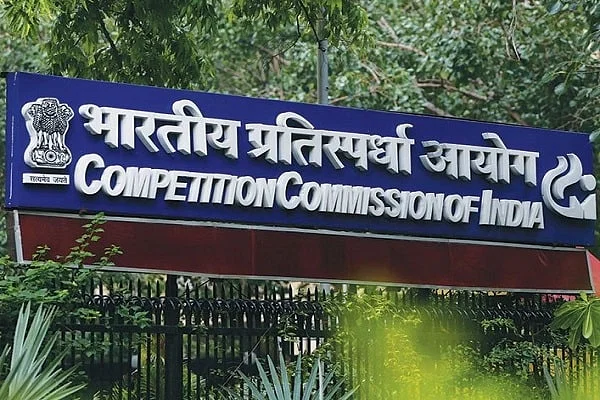The Competition Commission of India (CCI) has made a significant ruling regarding the Chandigarh Housing Board (CHB), stating that the housing authority abused its dominant position by imposing unjust conditions on the beneficiaries of residential flats under its 2010 Housing Scheme. This verdict from the CCI follows a complaint filed by an allottee named Ramesh Kumar, who raised concerns over the actions of the CHB.
The Ministry of Finance highlighted that the CHB was accused of leveraging its dominant position to enforce unfair clauses and terms on allottees. These issues included not disclosing possession dates in brochures and demand letters and imposing penal interest even for minor delays.
Defining the relevant market as the “provision of services for the development and sale of residential flats in the Union Territory of Chandigarh,” the CCI determined that the CHB held a dominant position, allowing it to function without significant competition.
Of note, the commission emphasized that the CHB’s failure to disclose possession dates and its imposition of penal interest for minor delays were violations of its dominant position. These actions were deemed abusive under section 4(2)(a)(i) of the Act.
While the CCI acknowledged that the Chandigarh Housing Board had already taken corrective measures, it refrained from imposing any financial penalties on the housing board. The context of the CHB’s subsequent efforts to address the issues raised was considered while making this decision.
This ruling carries broader implications, shedding light on the active vigilance of regulatory bodies in overseeing potential abuses of dominant positions in various sectors, including real estate and housing. It serves as a reminder of the significance of transparent and equitable practices when engaging with consumers and allottees. By holding entities accountable for unfair practices, the CCI contributes to promoting a fair and competitive marketplace.
